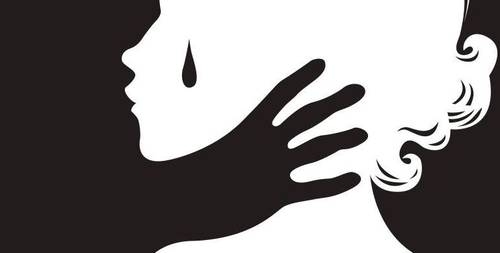The coronavirus pandemic (COVID-19) has undoubtedly hit India hard and the uncertainty it causes is increasingly testing the psychological resilience of the masses. While the global focus has mostly been on testing, finding a cure, and preventing transmission, we must also focus on myriad of psychological problems stemming from it. From adjusting to the current lifestyles, to the fear of the infection itself; potential psychological issues are dime a dozen.
The truth is, the recent events seem to be unscripted, unfathomable and uncertain. This is creating a great deal of anxiety, fear, and even depression for a large number of people. Unfortunately, mental health issues are seldom discussed in India mainly due to society’s prevailing indifference to people who have tackled or are tackling mental health issues. Especially in tough times like these, it is a must for us to be supportive and accepting of one another. UNICEF has provided a few guidelines on how to take care your mental health during this pandemic.
-
Recognize that your anxiety is completely normal
If colleges shutting down and bleak headlines are making you anxious, odds are that you’re not the only one. In fact, it’s completely reasonable to feel this way given the current circumstances. Your anxiety will influence the decisions that you might be making right now – not spending time in big groups of people, washing your hands and not touching your face. Anxiety and paranoia do not only influence you but everyone in your immediate surroundings as well. Although anxiety related to the pandemic is completely warranted, make sure that you’re getting your information from reliable sources and not blindly trusting whatever you see on the internet.
-
Find a distraction and focus on yourself
With colleges being shut down we have found ourselves with an abundance of time on our hands. This time can be used to indulge in your interests by reading a book or watching a movie. Better yet, you can even learn something that you’ve been wanting to for a while but were unable to previously, such as learning how to play the guitar or learning to speak a new language. This makes it easier for us to find balance in our everyday lives.
-
Stay connected to your family and friends
With social media platforms like Instagram, Facebook, and WhatsApp it is very easy for us to stay connected with those we care about. Find new and innovative ways of connecting with your friends such as online games, to make the time you spend together more enjoyable. Dedicate a section of your day to those who make you happy, whether it is family or friends. Feel free to share all the details of your day and stay connected despite being away from them!
-
Be kind to yourself and others
Last but not least, if you see your friend going through these issues, try to offer support to them to the best of your ability. Being indifferent in such situations can leave them feeling alone or even like they’re in the wrong for feeling this way. Your words are bound to make a difference, so make sure you use them to help your friends in whatever way you can.
Ministry of Health and Family Welfare has developed guidelines for mental health during the crisis. If you want to read about it you can visit the below link to know more. https://www.mohfw.gov.in/pdf/MindingourmindsduringCoronaeditedat.pdf
You can also call the helpline number (080-46110007) for advice from a mental health professional or contact your doctor / mental health professional.





